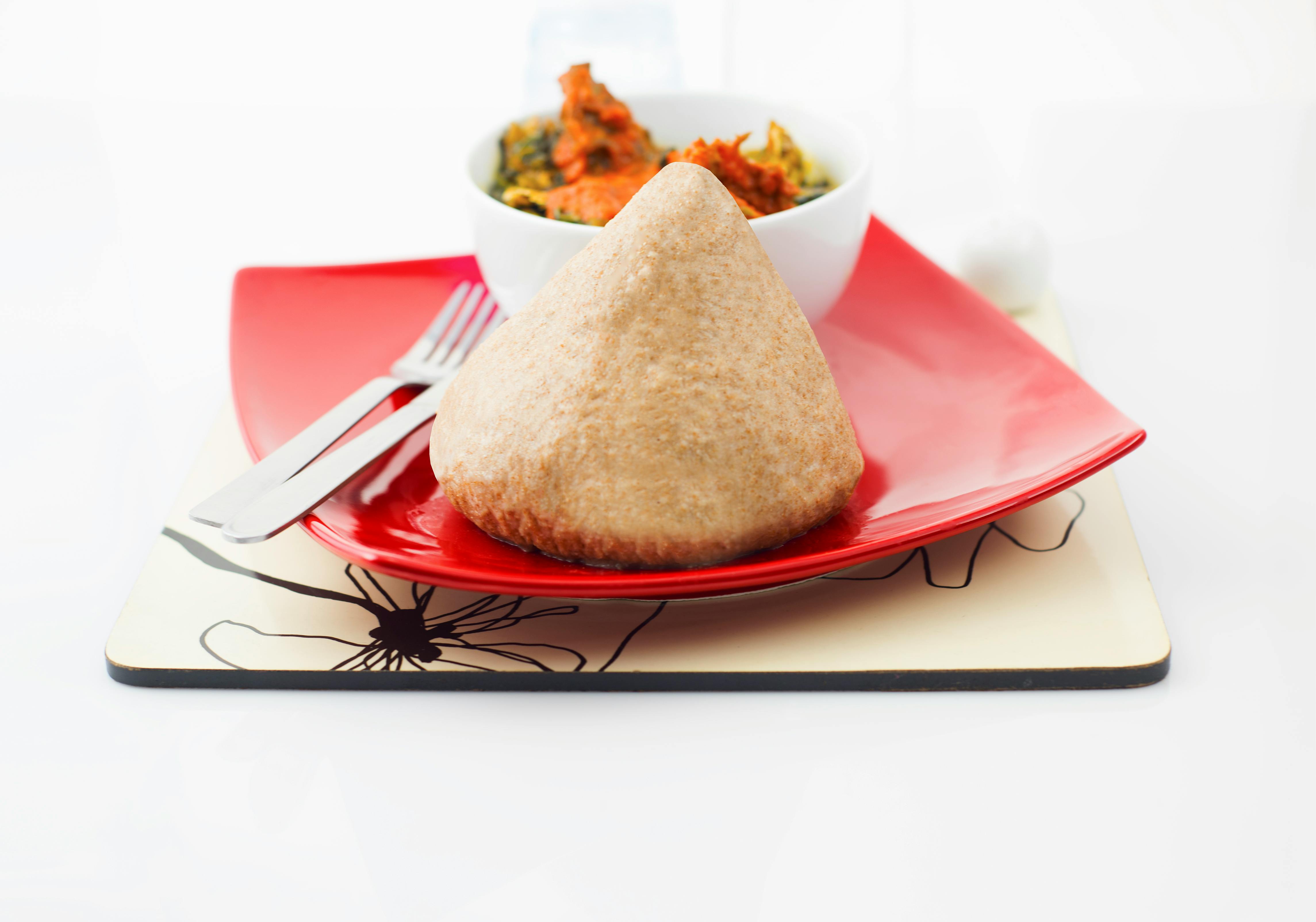Spice Up Your Life: Understanding the Nuances of Nigerian Cuisine
Nigeria, a West African nation, is a land of rich culture, diverse tribes, and tantalizing cuisine. This article takes you on a gastronomic journey through the complex and flavorful world of Nigerian cuisine, revealing its unique appeal and what sets it apart.

An Introduction to Nigerian Cuisine
Nigerian cuisine is a vibrant mix of bold flavors and hearty dishes. With over 250 distinct ethnic groups, each with its unique culinary traditions, the food is as diverse as the people. However, what unifies them all is a shared love for well-spiced, hearty meals that celebrate local produce, meats, and flavors.
The Heart of Nigerian Cooking: Ingredients
Nigeria’s geography provides a bounty of fresh ingredients, including yam, cassava, plantains, okra, and peppers. Meat and fish feature prominently, often smoked or dried for preservation. Palm fruits produce red palm oil, a distinctive ingredient that gives Nigerian dishes their unique, rich flavor.
Popular Nigerian Dishes to Try
No exploration of Nigerian cuisine would be complete without trying its famous dishes. Jollof rice, a one-pot rice dish cooked in tomato sauce and spices, is a must-try. Egusi soup, made from ground melon seeds and vegetables, is a hearty dish enjoyed with fufu, made from cassava.
Fermented Foods in Nigerian Cuisine
Fermentation plays a key role in Nigerian cuisine, not just for preservation but also for flavor development. From garri (fermented cassava) to ogi (fermented corn porridge), these tangy staples offer a unique taste dimension.
A Look at Nigerian Street Food
Nigerian street food is a culinary adventure in itself. Suya, skewers of spicy, grilled meat, and akara, deep-fried bean cakes, are popular snacks that offer a delightful taste of Nigerian flavors.
Useful Nigerian Cooking Tips
- Many Nigerian dishes require patience and slow cooking to develop flavors.
- Red palm oil has a strong flavor; use sparingly if you’re new to it.
- Peppers are essential in Nigerian cooking. Adjust the heat level to your preference.
In conclusion, Nigerian cuisine offers a unique culinary experience, marked by a symphony of bold flavors, diverse ingredients, and cooking techniques. It embodies the country’s rich cultural history and celebrates its local produce, providing a fascinating gastronomic exploration for food explorers. Whether you’re sampling street food or savoring a home-cooked meal, the flavors of Nigeria are sure to captivate your tastebuds.




